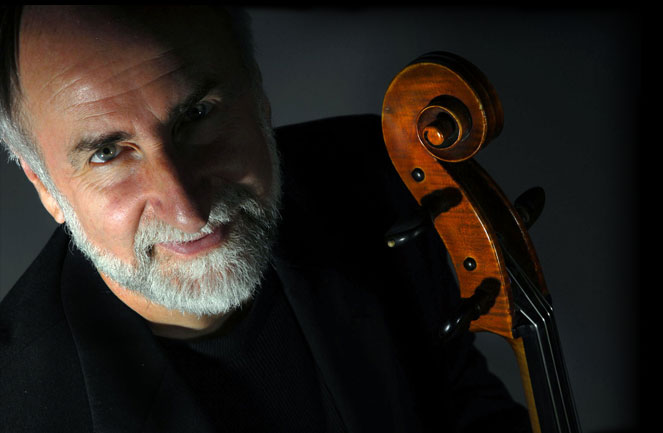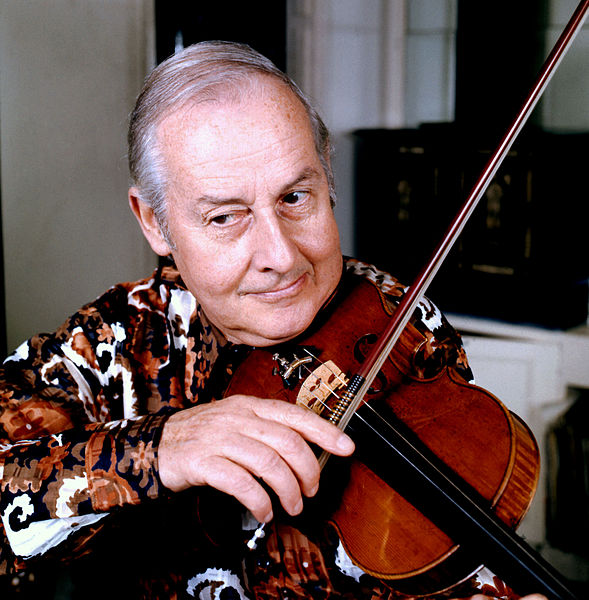
(Eugene Friesen, courtesy of celloman.com)
Audio clip: Adobe Flash Player (version 9 or above) is required to play this audio clip. Download the latest version here. You also need to have JavaScript enabled in your browser.
Download the PDF: Bass Clef, Treble Clef, Bb, Eb
Citric Motion, written by Glen Velez and performed by: Trio Globo (Eugene Friesen, cello; Howard Levy, piano; and Glen Velez, percussion). From the album ‘Carnival of Souls,’ released 1995 by SilverWave Records.
I’m FINALLY posting a cello solo, and since I’m an improvising cellist, it’s about time. There are actually quite a few fabulous cello-playing improvisers out there, and Eugene Friesen is a leader in the field. This whole album, Carnival of Souls, is full of cello techniques and tone colors that you’ve probably never heard, some of them pulled from the acoustic bass, or even guitar lexicons. As a trio member, Friesen excels at holding down the rhythmic accompaniment with arpeggiations and intricate basslines, as well as soaring, lyrical melodies when Howard Levy takes over the accompanimental role.





